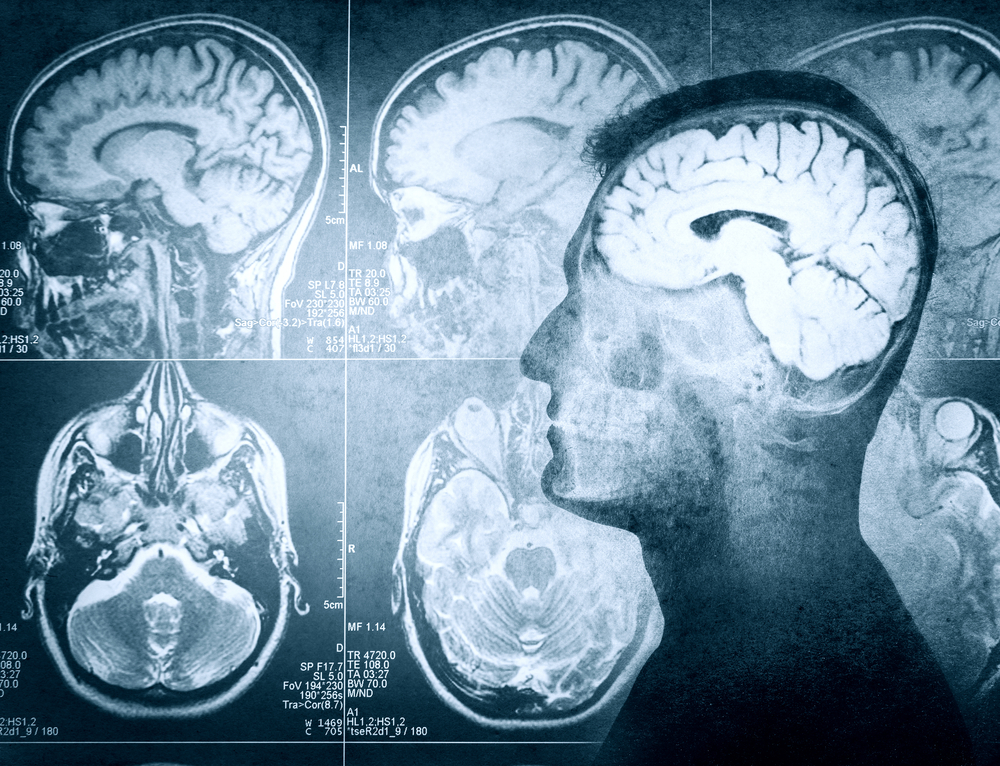
Most people don't understand why or how other people become addicted to drugs. They may mistakenly think that those who use drugs lack moral principles or willpower and that they could stop their drug use simply by choosing to do so. In reality, addiction is a complex disease, and quitting usually takes more than good intentions or a strong will.
People with an addiction may feel compulsively driven to seek and use drugs even though they know the substance is causing them damage. They may want to stop using but feel powerless to do so. Over time, continued substance abuse changes how the brain functions, which can drive an increased need for the drug. These brain changes can be long-lasting and lead to harmful behaviors seen in people with substance use disorders.
Drug addiction is a chronic disease that affects the brain's decision-making center. It is characterized by compulsive drug seeking despite negative consequences. People with addiction often feel unable to control their drug use and continue using despite the harm it causes.

People who become addicted to drugs often start using substances recreationally or to cope with underlying mental health issues. They may not understand the risks involved and how quickly addiction can develop. Tolerance to drugs builds up quickly, meaning that larger and larger doses are needed to get the same effect. As drug use escalates, so do the risks for negative consequences, including addiction.
Unfortunately, overcoming addiction is not as easy. One cannot just snap out of it; attempting to quit cold turkey could lead to unpleasant withdrawal symptoms. In fact, many addicts will go back to using because the withdrawal symptoms are too difficult to bear.
Most experts agree that addiction is not caused by a single factor but is instead the result of a combination of genetic, biochemical, and environmental factors. Addiction can also be due to psychological reasons. This means that some people are more vulnerable to addiction than others, even if they're exposed to the same risk factors.
But just because someone has one or more of these risk factors doesn't mean they will necessarily develop an addiction. Likewise, not having any risk factors doesn't mean someone won't become addicted. Still, the more risk factors a person has, the greater their chance of developing an addiction.
People with mental issues like anxiety, depression, ADHD, guilt, shame, or bipolar disorder are more likely to turn to drugs as a form of self-medication. Drugs tend to temporarily relieve the symptoms of these underlying mental disorders.
For example, people with anxiety may use marijuana to relax, while someone with depression may temporarily use stimulants to feel happier. However, using drugs in this way can lead to addiction and make the underlying mental disorder worse.

When someone uses drugs or drinks alcohol, it triggers a dopamine release in the brain. Dopamine is a chemical that is associated with pleasure and rewards, and it helps to reinforce certain behaviors. As a result, the person feels good when they use drugs or drink alcohol and is more likely to repeat the behavior.
Over time, the brain's reward system becomes less sensitive to dopamine, and the person needs to use more drugs or alcohol to achieve the same level of pleasure. This can lead to biochemical addiction, as the person cannot control their use despite negative consequences.
Exposure to alcohol and drugs at an early age can increase the risk of developing an addiction later in life. This is because the developing brain is more susceptible to the effects of drugs and alcohol.
In addition, stress and trauma can also lead to addiction. People who cannot cope with their problems may turn to drugs or alcohol to numb the pain. These environmental factors can greatly increase the risk of developing an addiction.
Addiction is a serious issue that affects millions of people around the world. It is a complex condition that can profoundly impact every aspect of an individual's life. Despite the challenges, it is important to remember that addiction is treatable and recovery is possible. Beating addiction is hard, but it is not impossible.
There are several reasons why overcoming addiction is so difficult.
Despite the challenges, however, treatment is possible, and many people do go on to lead healthy, drug-free lives.
Overcoming addiction requires a comprehensive treatment plan that addresses the underlying causes of addiction, as well as the addict's individual needs. Treatment should be tailored to each person and may include detoxification, therapy, and relapse prevention.
There is no one-size-fits-all approach to treating addiction, as each person’s experience is unique. However, certain principles are essential for all successful treatment programs. These principles include:
If you or someone you love is struggling with addiction, don't give up hope. Help is available, and there is light at the end of the tunnel. With treatment and support, it is possible to recover and lead healthy, drug-free lives.


